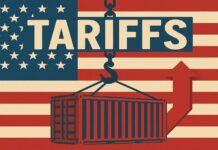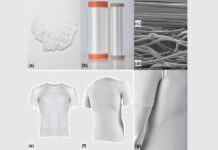Domestic manufacturers of personal protective equipment (PPE) are urging President Trump to resist what they describe as an influence campaign from Malaysia, which they argue could undermine the U.S. PPE industry. In a letter addressed to the President, the American Mask Manufacturers Association (AMMA) expressed concerns over Malaysia’s recent lobbying efforts and potential side deals that could threaten American jobs and production capabilities.
The AMMA emphasizes that the ongoing pandemic has highlighted the critical importance of domestic PPE production for national security and public health. In their letter, they noted that any agreements or arrangements favoring foreign manufacturers could jeopardize the progress made by American companies in ramping up production to meet domestic needs.
American manufacturers have worked diligently to establish a reliable supply chain for PPE within our borders,” stated an AMMA spokesperson. Allowing external influences to dictate our industry could have serious repercussions for public health and safety.”
The association points to the substantial investments made by U.S. manufacturers in increasing their capacity and ensuring compliance with stringent safety standards. They argue that the focus should remain on bolstering domestic production rather than yielding to international pressures.
The letter to President Trump comes amid rising tensions in global trade, particularly as countries continue to navigate the complexities of the pandemic. The AMMA is urging the administration to prioritize American manufacturers and reject any proposals that would undermine their efforts to build a strong, resilient PPE supply chain.
As the demand for PPE remains high, advocates for domestic manufacturing are calling for policies that support U.S.-based production. They believe that protecting and promoting American jobs within the textile and manufacturing sectors is essential to ensuring the country is prepared for future public health crises.
The outcome of this appeal could have significant implications for the U.S. PPE landscape, potentially shaping the future of domestic manufacturing in a sector that has proven vital during times of crisis.


































